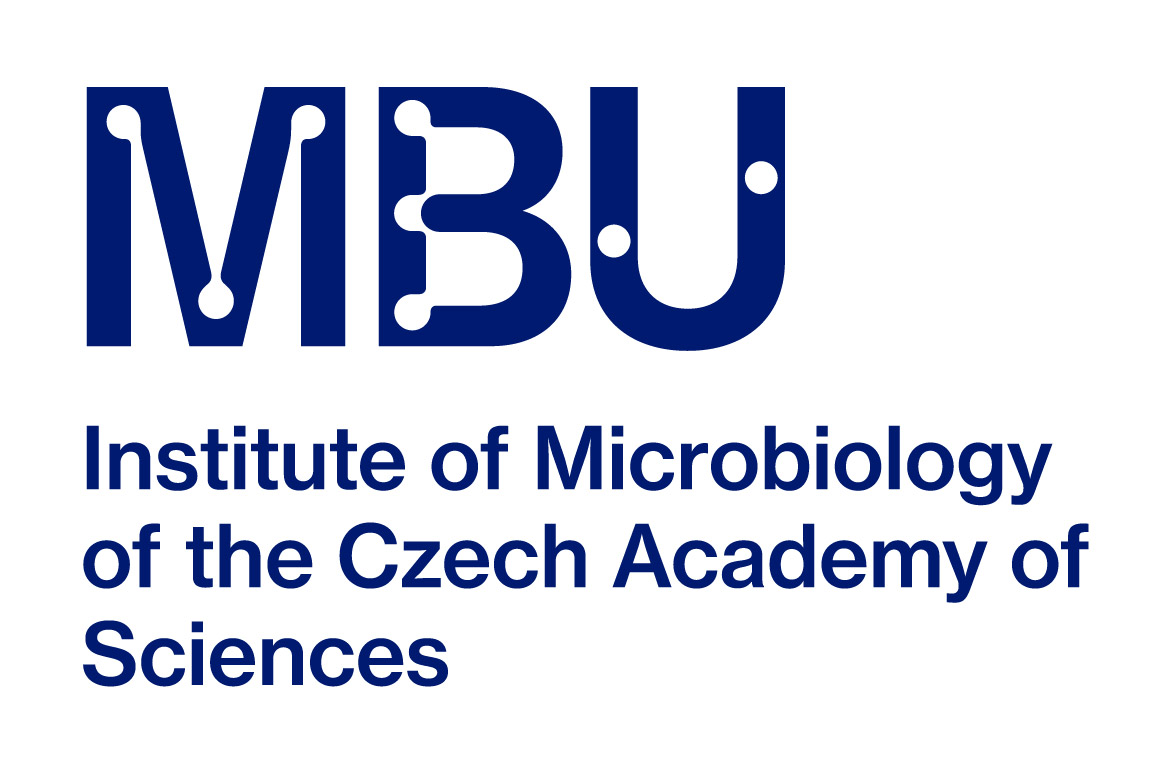Journal of Biotechnology, 384, 12-19 (2024)
21 března, 2024 1:31 pm Leave your thoughtsIF 4,1
Immobilization of aldoxime dehydratases on metal affinity resins and use of the immobilized catalysts for the synthesis of nitriles important in fragrance industry
Barbora Křístková, Ludmila Martínková, Lenka Rucká, Michael Kotík, Natalia Kulik, Robert Rädish, Margit Winkler, Miroslav Pátek
Abstract
Nitriles have a wide range of uses as building blocks, solvents, and alternative fuels, but also as intermediates and components of flavors and fragrances. The enzymatic synthesis of nitriles by aldoxime dehydratase (Oxd) is an emerging process with significant advantages over conventional approaches. Here we focus on the immobilization of His-tagged Oxds on metal affinity resins, an approach that has not been used previously for these enzymes. The potential of the immobilized Oxd was demonstrated for the synthesis of phenylacetonitrile (PAN) and E-cinnamonitrile, compounds applicable in the fragrance industry. A comparison of Talon and Ni-NTA resins showed that Ni-NTA with its higher binding capacity was more suitable for the immobilization of Oxd. Immobilized Oxds were prepared from purified enzymes (OxdFv from Fusarium vanettenii and OxdBr1 from Bradyrhizobium sp.) or the corresponding cell-free extracts. The immobilization of cell-free extracts reduced time and cost of the catalyst production. The immobilized OxdBr1 was superior in terms of recyclability (22 cycles) in the synthesis of PAN from 15 mM E/Z-phenylacetaldoxime at pH 7.0 and 30 °C (100% conversion, 61% isolated yield after product purification). The volumetric and catalyst productivity was 10.5 g/L/h and 48.3 g/g of immobilized protein, respectively.
Categorised in: News, Publications
This post was written by capkova


 Doc.RNDr. Pavla Bojarová, Ph.D.
Doc.RNDr. Pavla Bojarová, Ph.D.